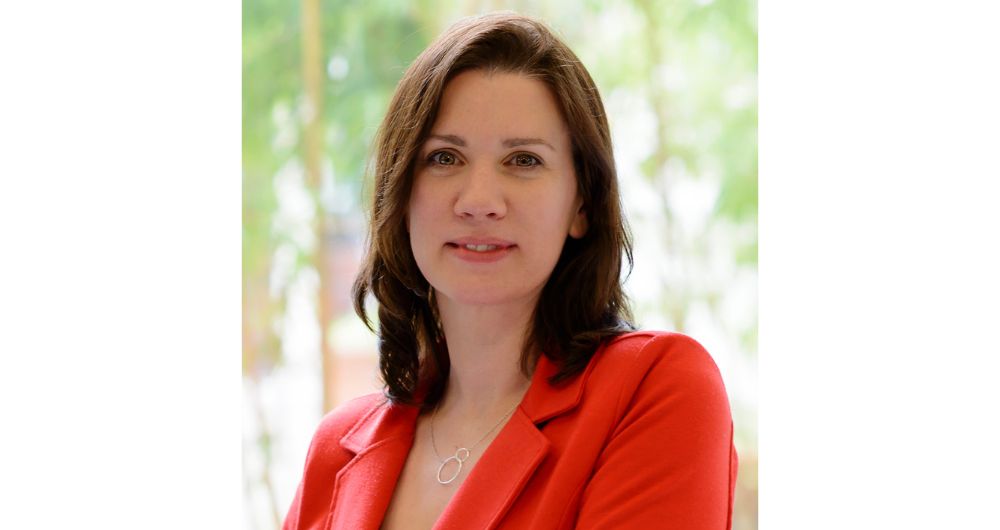
Susan Leavy is Assistant Professor at the School of Information and Communication and Funded Investigator with Insight. Research concerns natural language processing, cultural analytics and AI Ethics.
For International Women’s Day, she answered a number of questions about her career in research, the challenges and the opportunities.
What inspired you to pursue a career in research, and how did you get started in your field?
My inspiration to pursue a research career was driven by the combination of an interest in artificial intelligence and a commitment to advancing gender equality in society. I saw the potential to use AI to do new kinds of research related to gender in society and that led me to undertake a PhD in computer science bringing feminist theory and AI together.
Did/do you face any challenges as a woman in your field and how did you overcome them?
The main challenge I found was related to being classified as ‘early career’, a category which assumes youth and a certain stage in life, when I was in fact, in my second-career (and anything but young). Academia tends to assume a very linear career trajectory. My career however, along with many other women, is certainly not linear. I spent a decade within industry and embarked on a career in research as a second career. I found myself classified as an early-career researcher, which assumes an ability to move location for job opportunities and an income level that excludes experience outside academia. The challenge I faced was to advance my career, while not partaking in most initiatives aimed at supporting early-career researchers. As an example, The Royal Irish Academy named their new initiative aimed at early-career researchers, the ‘Young Academy of Ireland’, which is very alienating for women in particular who are more likely to be older, have previous professional experience, but still in the ‘early-career’ category.
How do you think the research community can encourage more diversity and inclusion in science and technology?
I think the research community currently does a lot and really is a leader in this area. However, the stereotype associated with the idea of an early-career researcher, the assumption of a linear career and the requirement for mobility is a disadvantage to women in particular and this should be addressed. More and more mid-career women are interested in pursuing funded PhD opportunities but the structure of many of them, and the stereotype of what a PhD student should be, is alienating to many brilliant potential candidates. This should be changed and would benefit the research community by opening up opportunities to extremely well qualified candidates.
What one thing would you change/introduce to widen the career paths of women in your field?
I would put gender quotas in place at the management levels of research institutions as achieving gender balance on this level is too slow and it is one of the most significant factors affecting the career paths of women.
What advice would you give to other women who are just starting out in research?
I would advise women who are starting out to work hard, know the detail, be strategic and do what you love.
What advice would you give yourself if you were starting out today?
I am exactly where I want to be so I wouldn’t like to change my path necessarily. I was shocked and found it difficult that my first and quite successful career didn’t count at all in terms of career advancement in research. The advice I would give myself is to be prepared for that and all it entails.